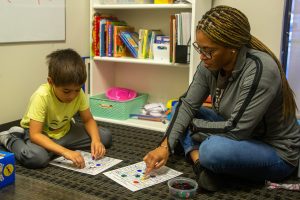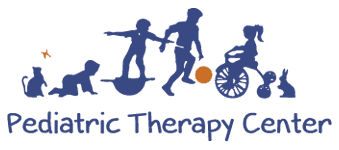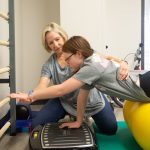Language Development: What You Need to Know

Recently, the CDC updated milestone markers for child development. The update eliminated many milestones (such as crawling) and made significant changes to the language/communication milestones for children.
Many experts have raised concerns over the CDC’s new guidelines. (According to a spokesperson, the milestones are not meant to be “standards or guidelines” but “communication tools” to encourage conversations between parents, doctors, and providers about a child’s development.)
Words Count
A primary concern regarding the updates is that the CDC has significantly lowered the average word count a child should have at certain ages. For example, the CDC now recommends that a child should know two or three words besides “mama” and “dada” by 18 months old. Experts and speech pathologists have said that number should be around twenty words. There seems to be a pattern:
- The CDC didn’t specify a specific number of words a child should have by 24 months, but experts say that a child should have 50 to 200 words at that time.
- The CDC says that a child should have 50 or more words by 30 months. Experts put that number at around 400 words.
It should be noted that the CDC did not seek expertise from speech pathologists while making these changes.
Why It Matters
The disparity between the CDC’s findings and what experts have to say is worrying because the new updates give pediatricians and other non-experts the ability to take a “wait-and-see” approach to child development.
The main issue with the wait-and-see approach is that a child who is delayed may have a disorder (such as autism or dysarthria) that will not get better over time, and if that is the case, it is crucial to get a referral to a specialist like an SLP for a differential diagnosis and early intervention.
Along with the new guidelines and the wait-and-see approach, many parents feel like they can’t do much to set their child up for success.
Lauren Hall, an SLP at PTC, is concerned that her own child is not talking as he should, and while she is concerned, his pediatrician is not. She states, “As a parent who is worried, I would prefer a milestone model that empowers parents to feel like they are doing something to help their child instead of just cautiously waiting.”
What You Can Do As a Parent
If a child is behind, early intervention is the best way to get the child back on track at a critical development stage of the brain and the body between the ages of one and four. Early intervention is key to leveling the playing field before kindergarten age so that the child doesn’t struggle with school or miss other essential milestones.
Pediatric Therapy Center (PTC) offers exceptional, patient-centered occupational, physical, and speech/language therapy for children. If you feel your child is struggling developmentally in any way, call PTC at 713.772.1400 for a consultation with one of our experienced therapists today.






